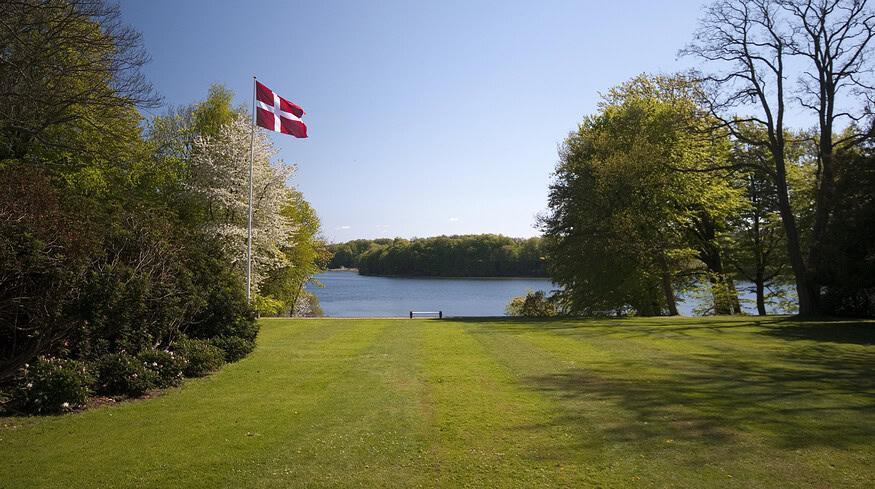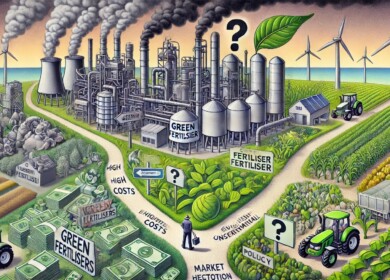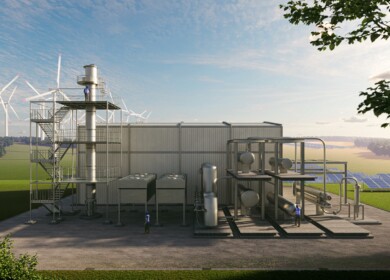Denmark’s $6.1 billion investment plan to reforest farmland and cut emissions

Denmark is set to significantly alter its agricultural landscape in a pioneering effort to tackle environmental damage. In a move to reduce fertilizer use—responsible for severe oxygen depletion in the country’s waters and loss of marine life—lawmakers have agreed to convert from 10% to 15% of the country’s farmland into forests and natural habitats. This action is part of a comprehensive strategy to reduce emissions from agriculture, the largest source of greenhouse gases in Denmark.
As one of the most intensively cultivated countries globally, with almost two-thirds of its territory farmed, Denmark has committed 43 billion Danish crowns (approximately $6.1 billion) to acquire land from farmers over the next two decades. This initiative, which includes planting one billion trees on farmland, aims to mitigate the impact of intensive agriculture on the environment. The new forests will cover an additional 250,000 hectares (618,000 acres), while 140,000 hectares (346,000 acres) of low-lying cultivated land, which contributes to climate damage, will be transformed into natural areas.
The transformation is being overseen by the newly established Green Tripartite Ministry, which was created to implement the “Green Tripartite Agreement” reached in June. This historic deal brings together key stakeholders—farmers, industry representatives, labor unions, and environmental groups—to reduce Denmark’s agricultural emissions and achieve the country’s legally binding target of cutting greenhouse gas emissions by 70% from 1990 levels by 2030.
Jeppe Bruus, head of the Green Tripartite Ministry, highlighted the scale of the initiative, calling it “the biggest change to the Danish landscape in over 100 years.” The conversion of farmland into forests and natural habitats is expected to be one of the most significant landscape changes Denmark has seen since the draining of wetlands in 1864.
The deal also includes groundbreaking measures to address livestock emissions. Beginning in 2030, Denmark will become the first country to impose a carbon tax on the greenhouse gases emitted by livestock, targeting methane—a potent greenhouse gas. This measure is part of a broader strategy to reduce emissions across the agricultural sector, which has long been a challenge for lawmakers.
The agreement has received broad support across Denmark’s political spectrum, with backing from the Social Democrats, the Liberals, the center Moderates, as well as the Socialist People’s Party, the Conservatives, Liberal Alliance, and the Social Liberal Party. A parliamentary vote on the deal is expected to be a formality.
This green transition could serve as a model for other nations looking to balance environmental goals with the challenges of intensive farming.
Enjoyed this story?
Every Monday, our subscribers get their hands on a digest of the most trending agriculture news. You can join them too!















Discussion0 comments